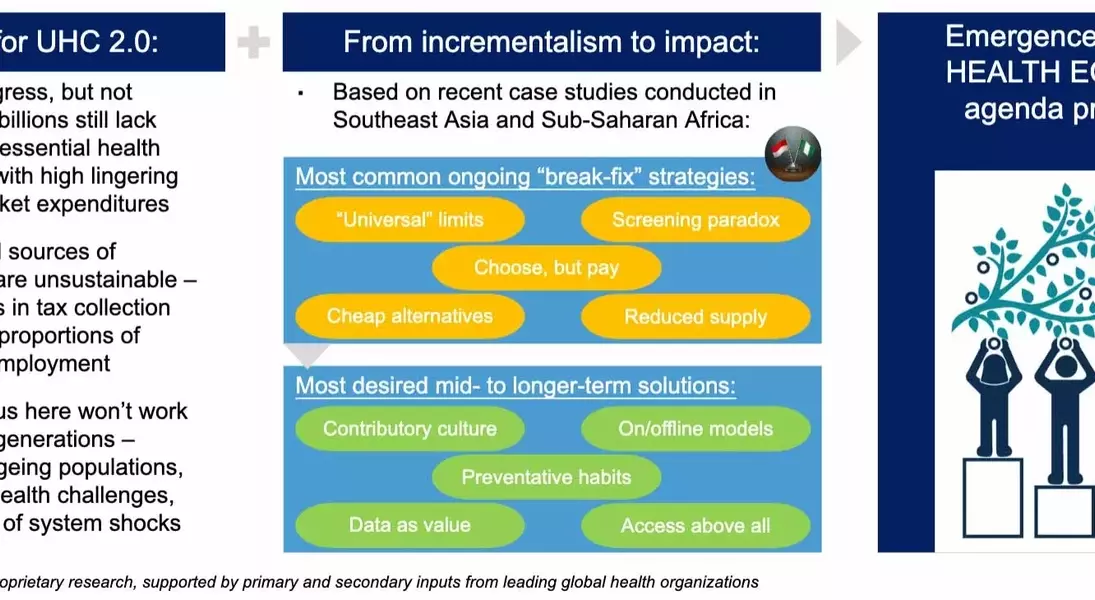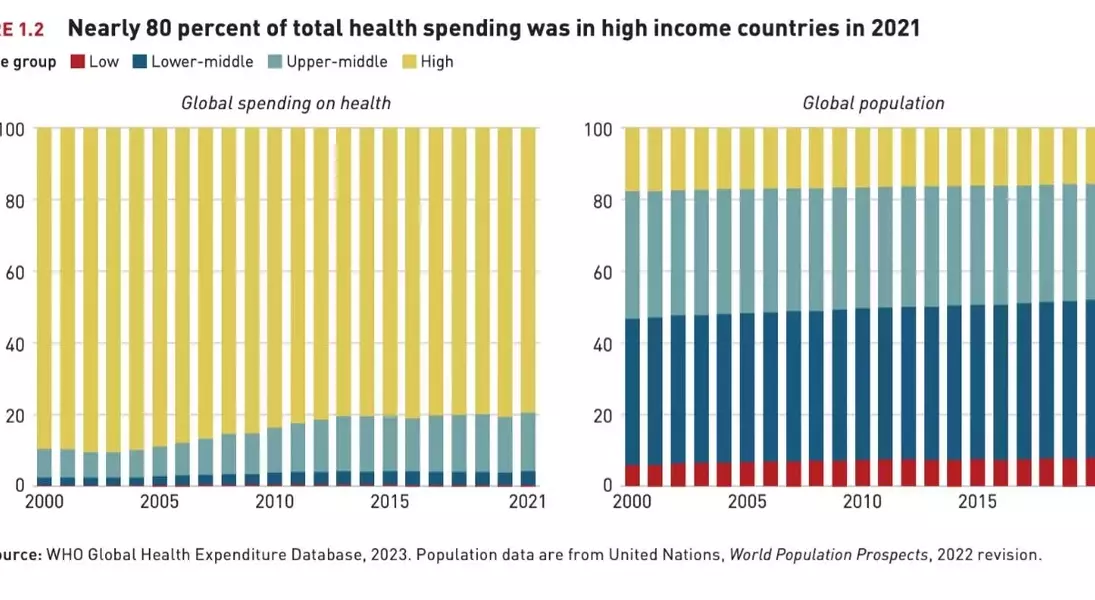Universal Health Coverage (UHC) holds the promise of ensuring that everyone can access healthcare without facing financial hardships. However, recent research indicates that the journey towards achieving this goal has hit a standstill. In this comprehensive exploration, we delve into the various aspects and challenges associated with UHC.
Uncovering the Path to Equitable Healthcare for All
Understanding Universal Health Coverage
Universal Health Coverage means that every individual has the right to receive necessary healthcare services without the fear of financial burden. It is a fundamental principle that aims to provide equal access to healthcare for all, regardless of their socio-economic status. For instance, in many developed countries, UHC has led to significant improvements in public health, reducing the burden of preventable diseases and improving overall well-being.However, despite the progress made in some regions, there are still approximately 4.5 billion people around the world who lack sufficient healthcare coverage. This highlights the ongoing challenge of achieving true UHC on a global scale.The Impact of the Pandemic on Healthcare Funding
UHC is not only about providing access to healthcare but also about ensuring sustainable financing. The COVID-19 pandemic has had a profound impact on healthcare funding worldwide. Government expenditure on healthcare has increased to combat the pandemic, but the challenge lies in allocating these resources more equitably.Per capita healthcare spending varies significantly between countries. High-income countries, which represent only 16% of the world's population, account for more than three-quarters of healthcare expenditure. This disparity poses a significant challenge in achieving UHC globally.In addition, the pandemic has led to an increase in the share of households using more than 10% of their budget for out-of-pocket healthcare payments. Up to 1.3 billion people have been pushed further into poverty as a result of medical spending since the pandemic.A New Health Equity Agenda
The progress made in UHC over the past decade may not be sufficient to meet the SDG promise in the next decade. Changing demographics and the increasing burden of chronic diseases require a reevaluation of the UHC model.Less than half of the global population has access to essential healthcare services, and a significant number of deaths occur in vulnerable regions such as Sub-Saharan Africa and South Asia. LMIC tax-to-GDP ratios are also far from the target, making it difficult to finance UHC effectively.This research indicates that countries are facing "design slippage" in implementing UHC 1.0. As a result, there are undesirable resourcing trade-offs that do not deliver on the promise of health for all.However, the concept of "health equity" offers a promising solution. It emphasizes that everyone should have the opportunity to attain their full potential for health and well-being. By prioritizing health equity, countries can address the existing constraints and create a more sustainable and inclusive healthcare system.Strategies for Achieving Health Equity
UHC 2.0 research presents a strong foundation for health equity. Stakeholders are advocating for forward-looking health financing concepts such as mandatory UHC contributions, online-offline care models, and smarter procurement.Near-term strategies for health equity could involve countries testing out alternative UHC concepts in existing sites and sharing these experiences with other countries. By gathering evidence, countries can inform future supernational healthcare policy and drive progress towards health equity.The World Economic Forum's Centre for Health and Healthcare plays a crucial role in championing UHC on a global scale. By engaging stakeholders from various sectors, the centre aims to accelerate progress and ensure that healthcare leaders make informed decisions.To fully implement UHC 2.0 and prioritize health equity, healthcare leaders in all countries need to ensure stability, continuity, and an open-minded attitude towards public-private collaboration. This will help usher in a new generation of equitable health and care financing for people around the world.You May Like




